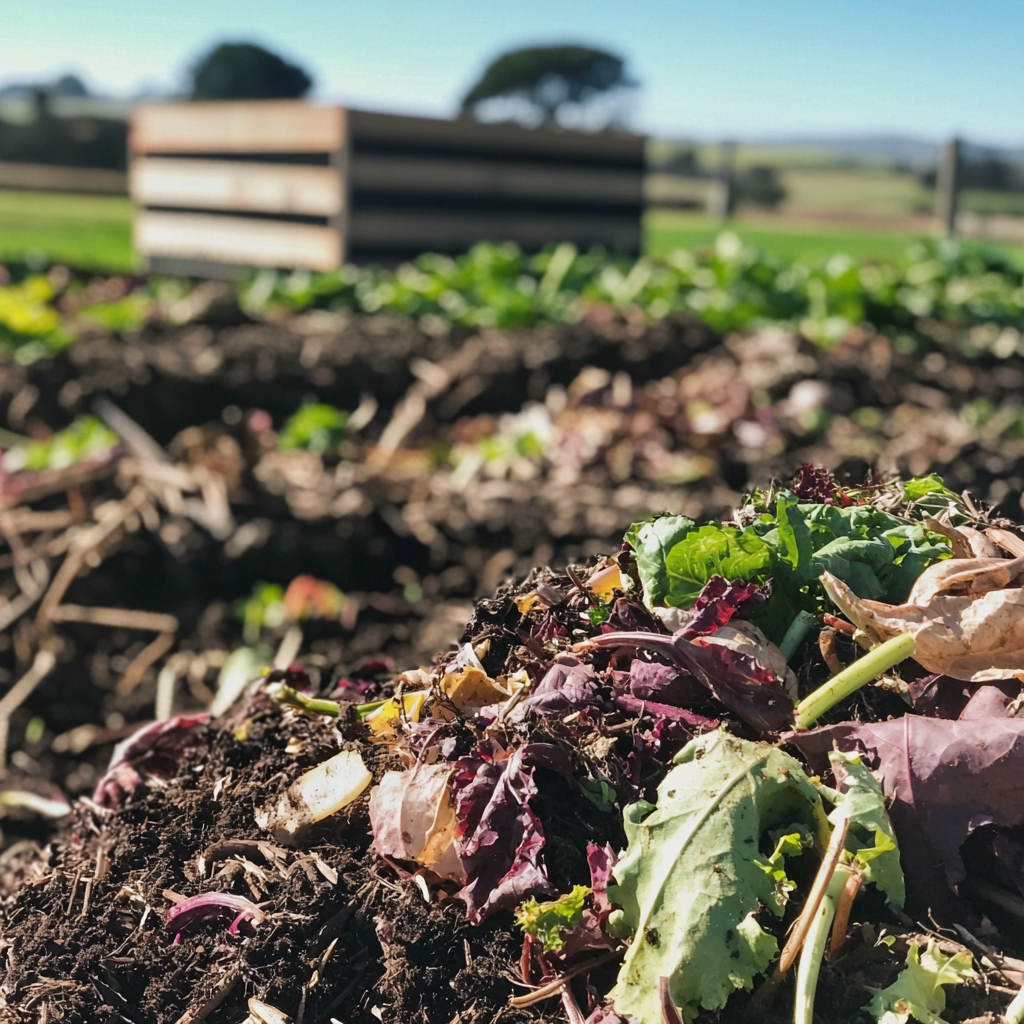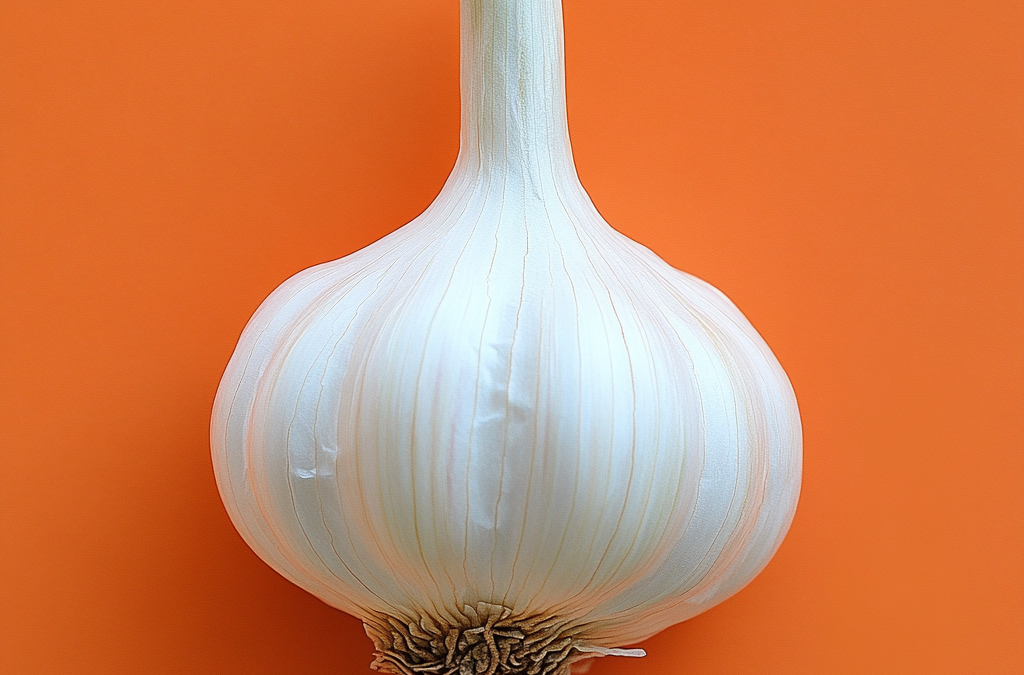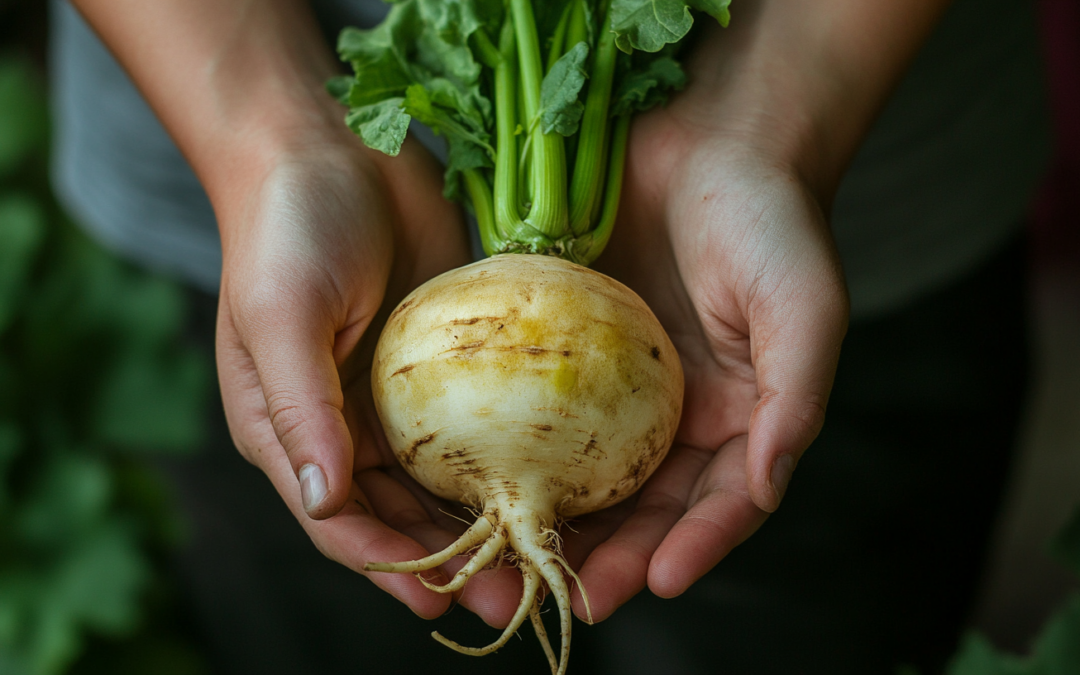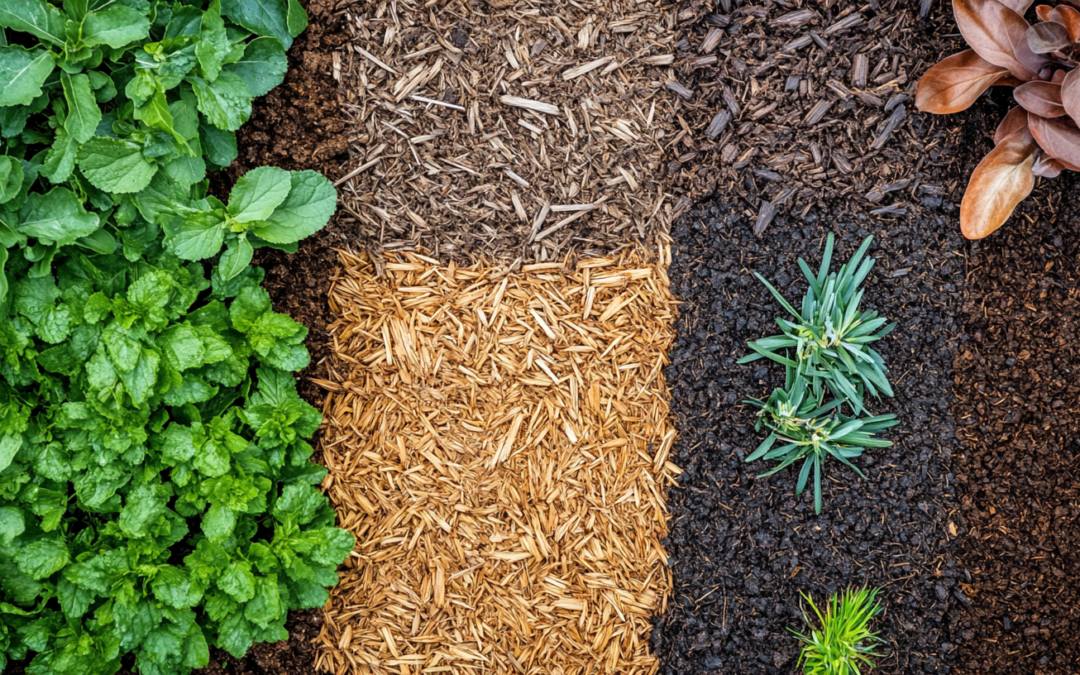Composting is a simple, eco-friendly way to transform kitchen and garden waste into nutrient-rich soil that your plants will love. Here’s how to get started:
What is Composting?
Composting is the natural process of breaking down organic materials like food scraps and yard waste into a dark, crumbly, soil-like material called humus. This “black gold” enriches your garden, improves soil health, and reduces the need for chemical fertilizers.
What Can You Compost?
- Greens (Nitrogen-Rich):
- Fruit and vegetable scraps
- Coffee grounds and tea bags
- Grass clippings
- Browns (Carbon-Rich):
- Dry leaves
- Paper and cardboard (shredded)
- Sawdust (untreated wood)
What to Avoid in Compost:
- Meat, fish, and dairy products (they attract pests)
- Oily or greasy foods
- Diseased plants or invasive weeds
- Pet waste
How to Start Composting:
- Choose Your Method:
- Compost Bin: Great for small spaces and keeps things tidy.
- Compost Pile: Ideal for larger gardens.
- Layer It Right:
- Alternate between greens and browns for a balanced mix.
- Aim for a 2:1 ratio of browns to greens.
- Keep It Moist and Aerated:
- Water occasionally to maintain dampness (like a wrung-out sponge).
- Turn the pile with a pitchfork or compost aerator every 1-2 weeks to speed up decomposition.
When Is It Ready?
In 2-6 months, your compost will turn into dark, earthy-smelling material. It’s ready to spread in your garden beds, mix into potting soil, or use as a top dressing for plants.
Pro Tip: Start small! Even a countertop compost bin can make a difference, especially if you’re new to the process.
By composting, you’re not just reducing waste; you’re creating a sustainable cycle that feeds your garden and helps the planet. 🌱



